According to Titrsanat, at the same time, the renewed discussion of the snapback mechanism at the international level and the possibility of the return of certain sanctions against Iran is a reality that trade players must take into account. Reliable international reports indicate that the process of reinstating sanctions is an active and decisive factor for Iran’s economic relations with its international partners — a point that not only recalls political risks but also highlights the necessity of smart trade planning.
With these two backdrops (1—Pakistan’s explicit political solidarity with Iran in the recent crisis, and 2—the possibility of international pressures), the economic relations between Tehran and Islamabad have entered a new chapter that can be both opportunity-creating and risk-laden. But how can this opportunity be turned into real benefits for industrial stakeholders and traders?
First: The Politicization of Relations as an Opportunity for Facilitating Overland Trade
Pakistan’s explicit political support—just as leaders on both sides have emphasized—serves as a gateway to untangling the operational knots of border and logistical cooperation. Activating border marketplaces, facilitating trade visas, and strengthening border infrastructure (joint customs, scanners, and cargo consolidation halls) should be placed at the top of the priorities. These measures not only boost short-term border employment and income but also solidify trade ties. It is recommended that the chambers of commerce of the two countries immediately establish a working group within three months to examine “pilot border marketplaces.”
Second: Securing Transactions Against Sanctions Risks
Although Pakistan’s support can facilitate relations, economic actors must not overlook the reality of international legal and banking risks. Planning trade with a mix of instruments—from hedging contracts and export insurance to the targeted use of local currencies or non-sanctioned banking exchange channels—will help reduce vulnerabilities. Moreover, developing mechanisms for bilateral settlements without relying on sanction-stricken systems can create an operational advantage.
Third: Focusing on Complementary Value Chains
Iran and Pakistan can complement each other in many sectors: agriculture and food products, light industries and textiles, downstream petrochemicals, energy, and transit transportation. Joint investment in agricultural processing plants in border areas, or cooperation in southern transit corridors, can generate added value and employment—especially if the projects are designed as small-scale, phased (pilot) initiatives to reduce political risk.
Fourth: Developing Multimodal Transport and Regional Logistics
The construction or reinforcement of rail and road routes that facilitate the connection of Pakistan’s ports (such as Karachi or Gwadar) to Iran’s domestic markets can reduce transport costs and turn Iran into an operational gateway to South Asian markets. Private-sector actors can benefit from economies of scale by participating in logistics consortia and signing long-term contracts with port operators.
Fifth: The Role of Economic Diplomacy and Chambers of Commerce
Now is the time for official diplomacy and economic diplomacy (chambers of commerce, export associations, and the joint chamber of commerce) to work hand in hand. Holding bilateral exhibitions, strengthening B2B networks, and creating a joint database of investment opportunities are practical and low-cost steps that, in the short term, can lead to contract signings.
In conclusion, Pakistan’s political message to Iran in the recent crisis was not merely a diplomatic gesture; it can be the starting point for economic agreements that benefit the people and businesses on both sides. However, truly capitalizing on this opportunity requires economic rationality, risk management based on reliable information, and sustained cooperation between governments and the private sector. If this triangle—empathetic politics, risk-mitigation mechanisms, and tangible trade initiatives—comes together, a new chapter of regional cooperation will begin, in which trade will not only reflect politics but also act as a driving force for regional prosperity and stability.

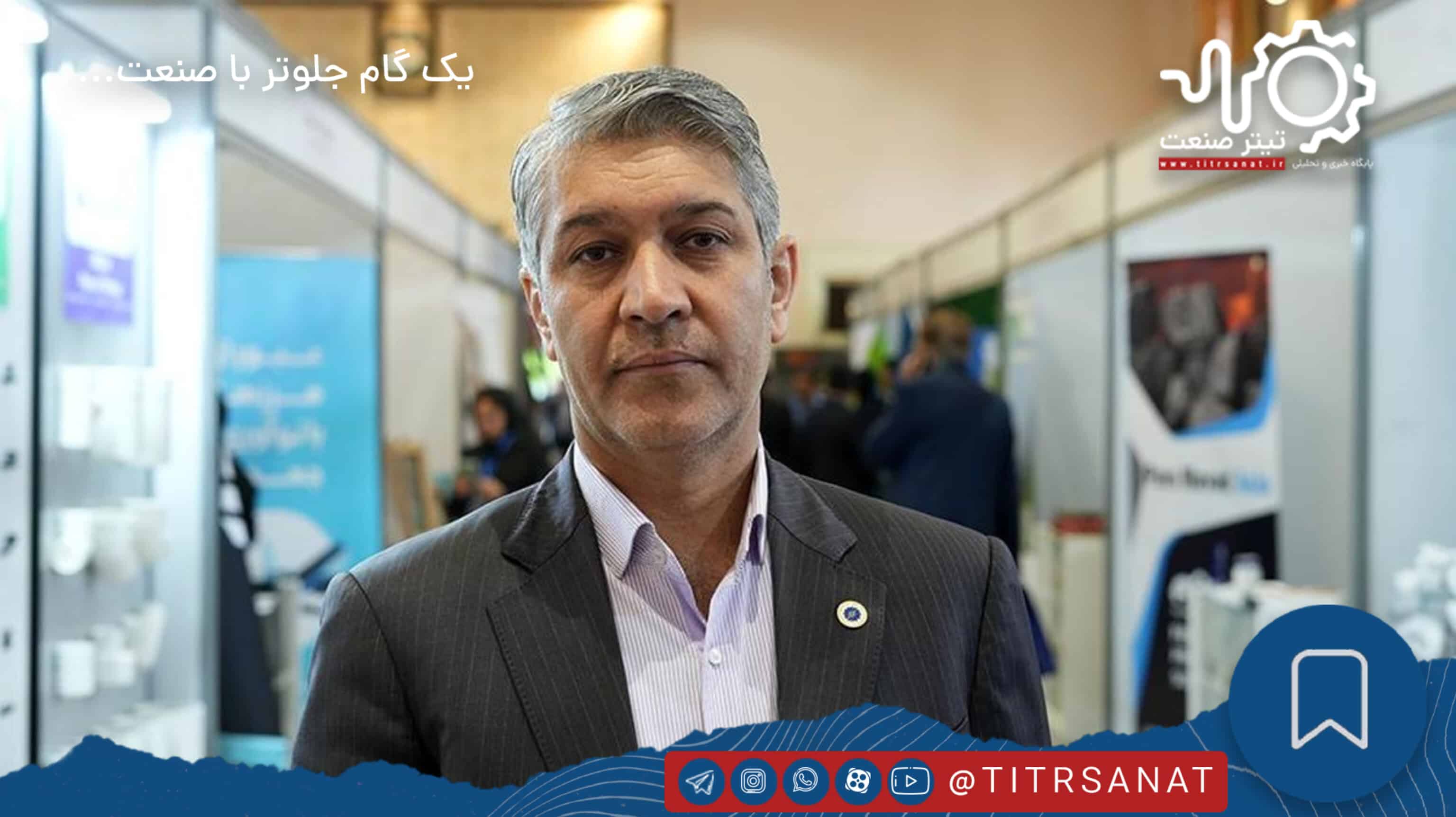


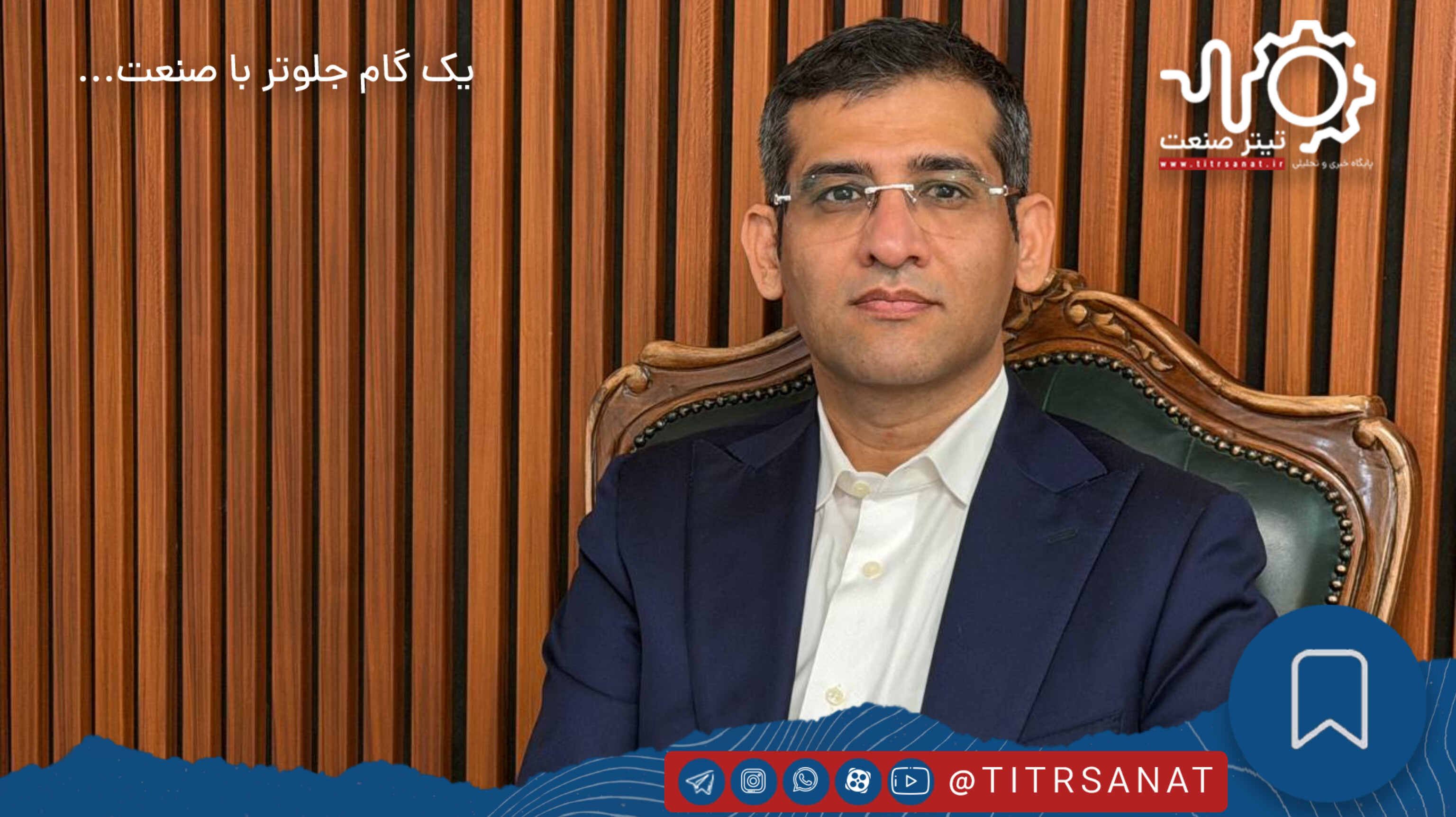



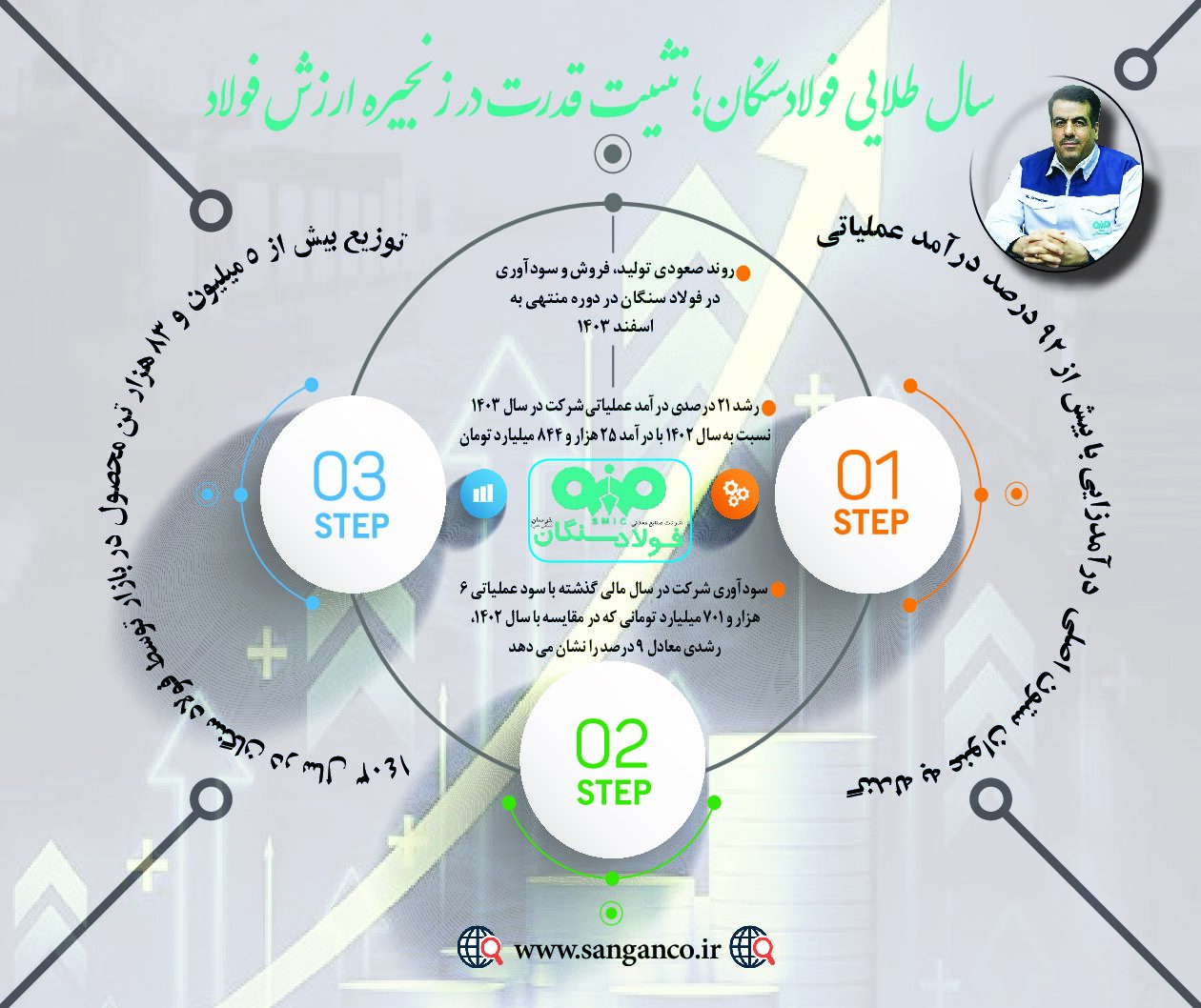

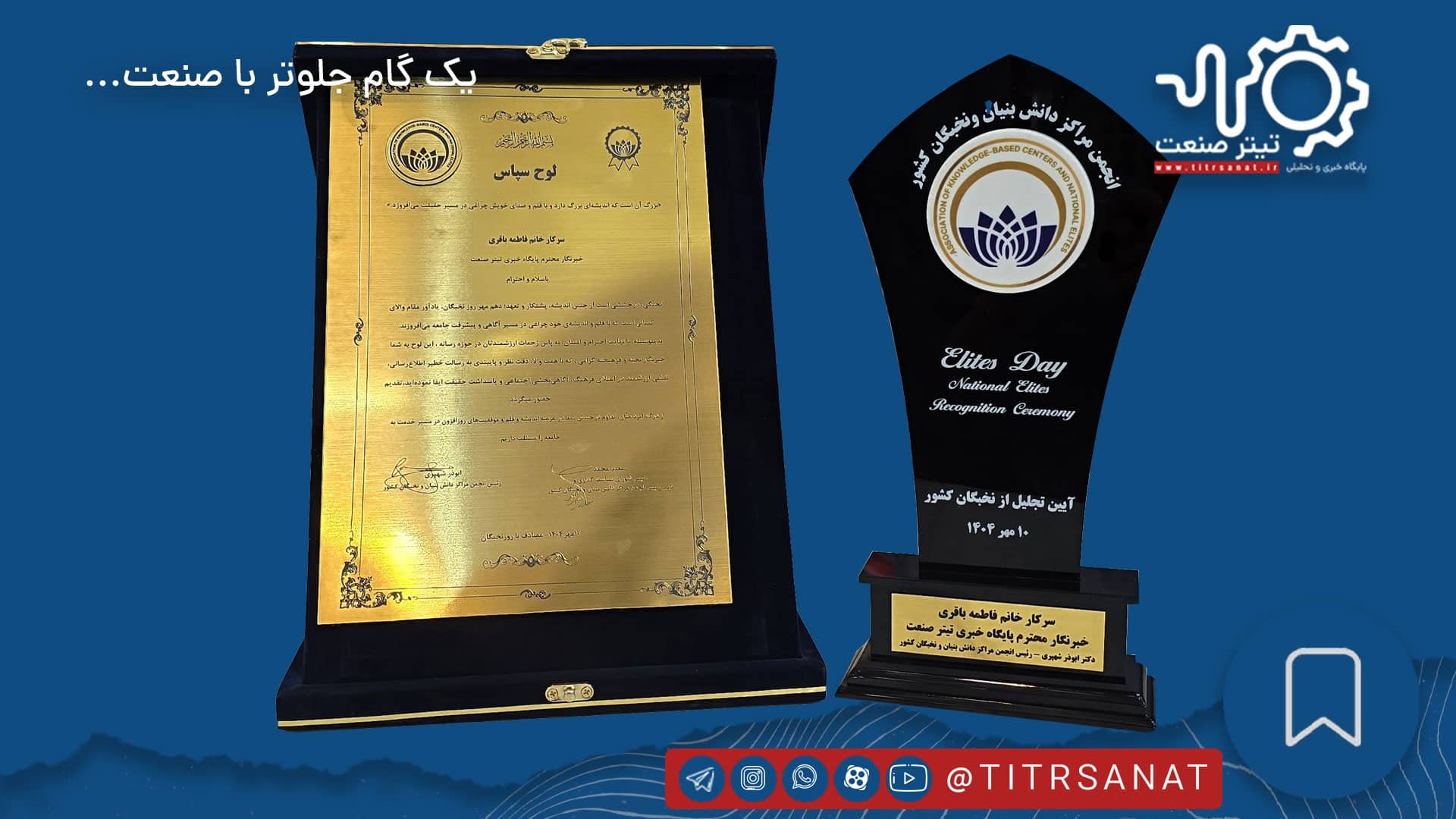
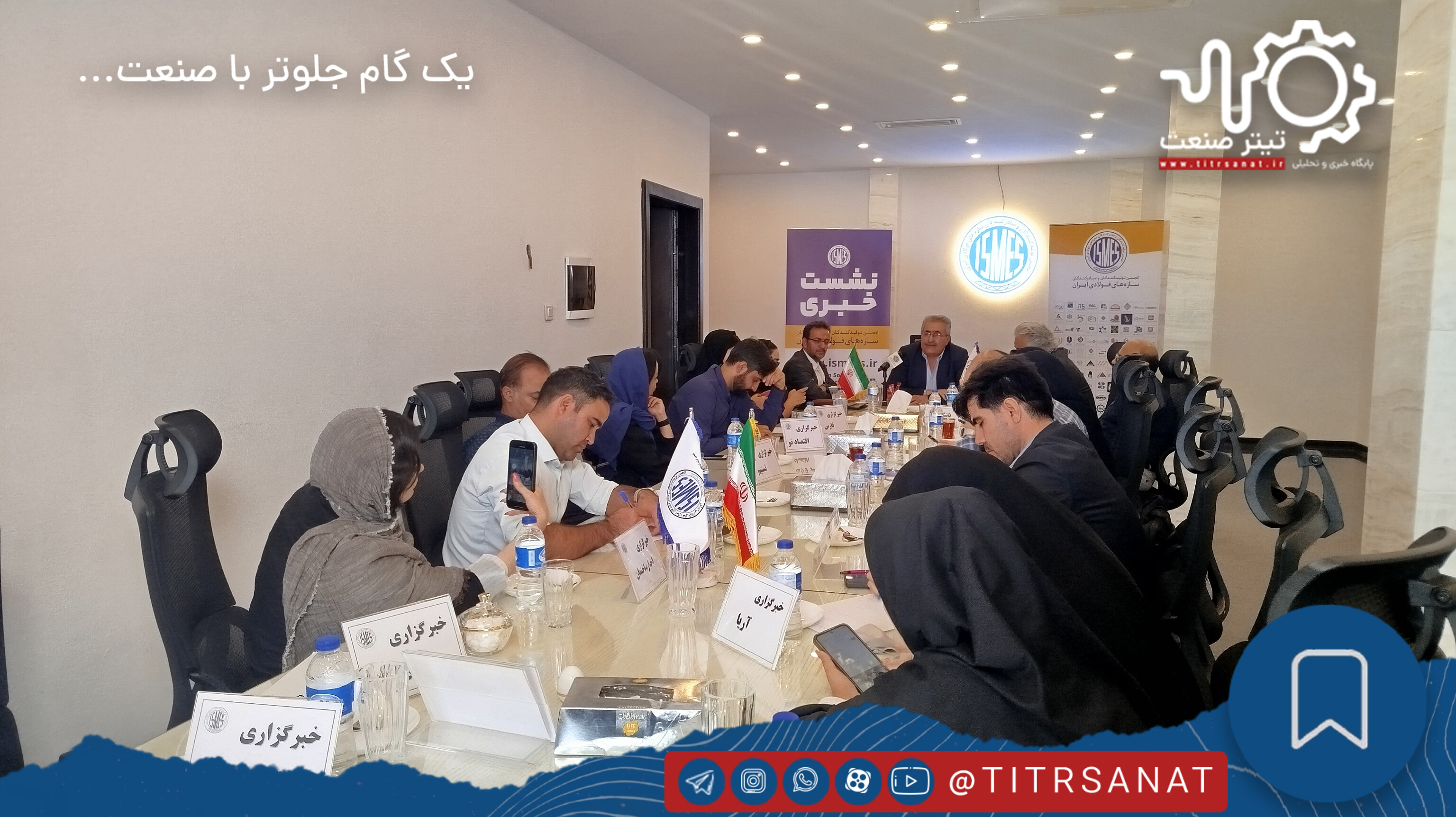








Comments